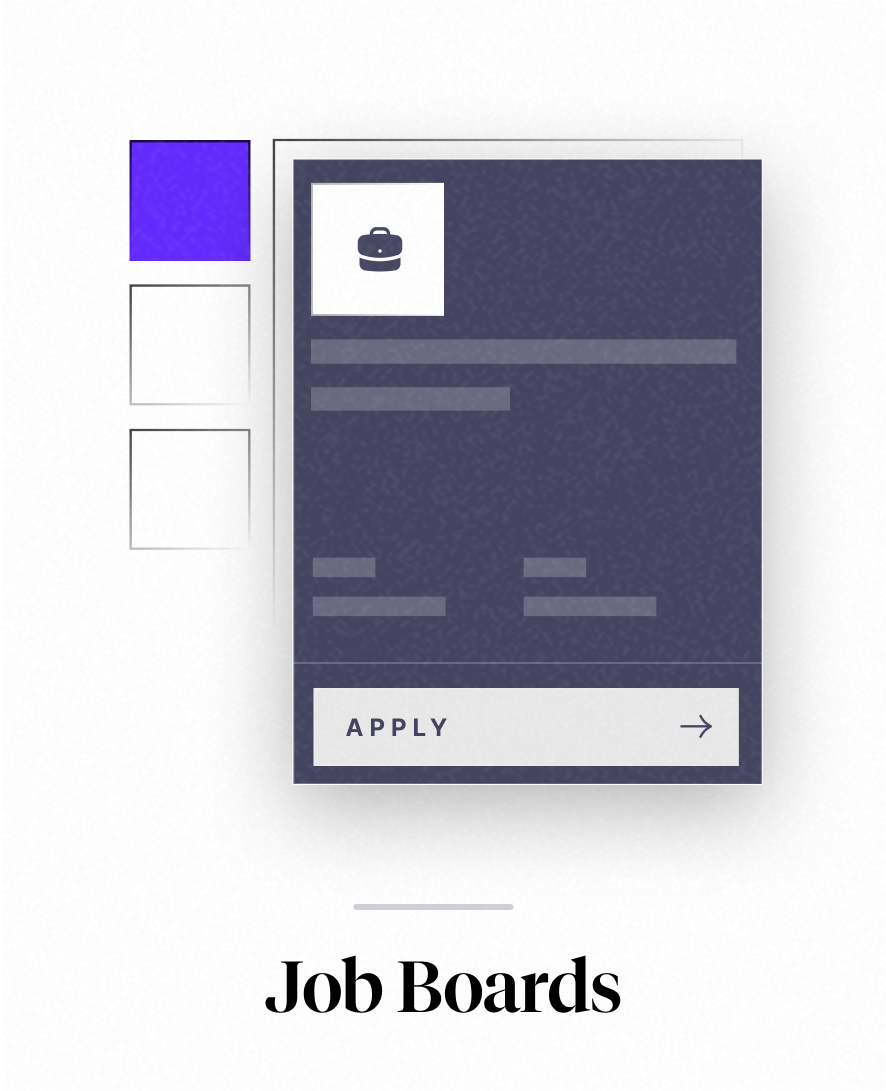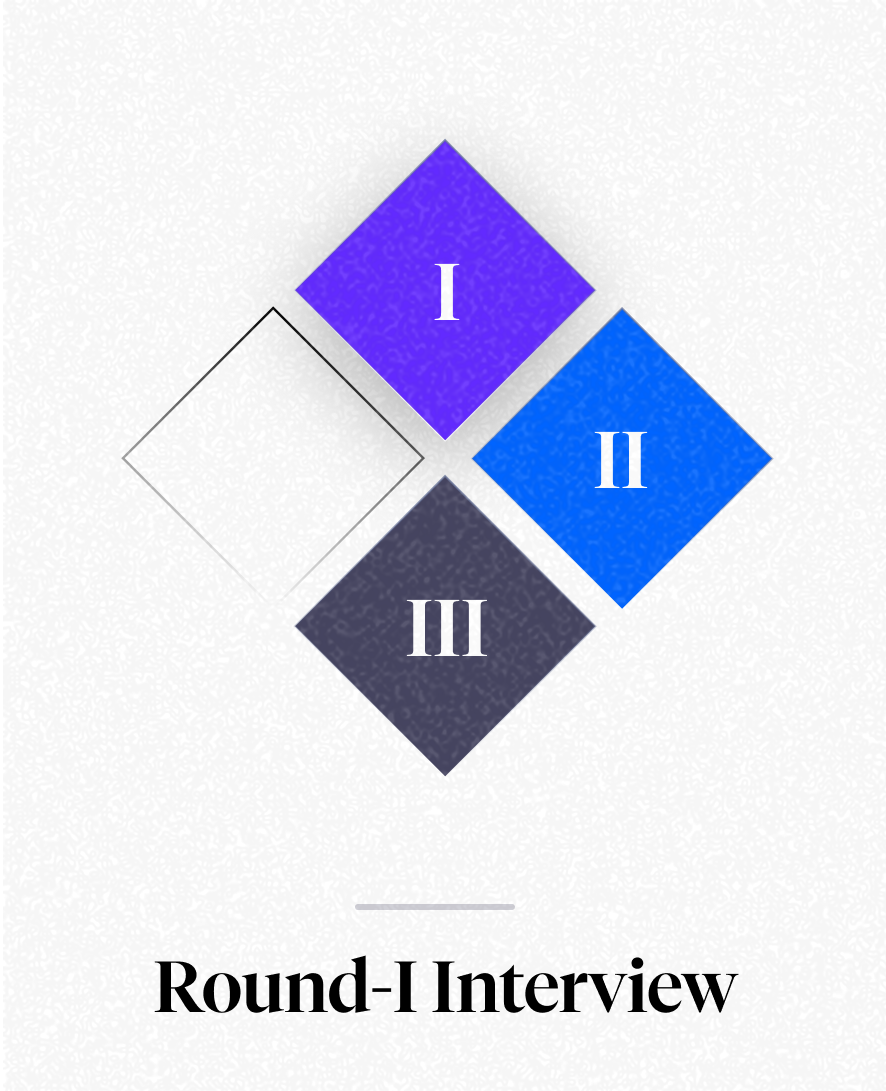DLG Section: Experimentation design: Part 1
Okay, we've defined everything and done all the groundwork. Now, it's time to execute.
1. Problem statement & overview
2. Hypothesis, goal setting & success metrics
3. Experimentation design: Part 1
4. Experimentation design: Part 2
5. Post experiment learnings & next steps
6. Stakeholder management
In this section, we are going to define what are we testing and map out the variations to run.
Let's begin 🚀
What are we testing?
Clearly document the specific aspect of the product or process being tested. This helps in ensuring that the scope is well understood and avoids confusion about the focus of the experiment.
Add supporting evidence as to why you want to make the change.
Key Questions to Address:
- What specific feature, change, or variation is being tested?
- Why is this change being tested?
- What data or insights support this test?
For example:
We are testing whether changing the primary CTA button from ‘Sign Up’ to ‘Get Started for Free’ improves signup conversion rates. Previous heatmaps indicate high attention on the button, but user feedback suggests uncertainty about pricing. (Add the relevant screenshots & other supporting documents)
Variation design
Variation design involves outlining the different versions that will be tested, including control and test variations.
Key Elements:
- Control Group: The existing version.
- Variation A/B: The new design, copy, or functionality.
- Consistency: Ensure no unintended differences affect results.
Control: ‘Sign Up’ button.
All elements on all three pages besides the copy of the CTA will remain consistent during the testing time. <Insert designs/ wireframes> of the control and test versions.
Brand focused courses
Great brands aren't built on clicks. They're built on trust. Craft narratives that resonate, campaigns that stand out, and brands that last.
All courses
Master every lever of growth — from acquisition to retention, data to events. Pick a course, go deep, and apply it to your business right away.
Explore courses by GrowthX
Built by Leaders From Amazon, CRED, Zepto, Hindustan Unilever, Flipkart, paytm & more
Course
Advanced Growth Strategy
Core principles to distribution, user onboarding, retention & monetisation.
58 modules
21 hours
Course
Go to Market
Learn to implement lean, balanced & all out GTM strategies while getting stakeholder buy-in.
17 modules
1 hour
Course
Brand Led Growth
Design your brand wedge & implement it across every customer touchpoint.
15 modules
2 hours
Course
Event Led Growth
Design an end to end strategy to create events that drive revenue growth.
48 modules
1 hour
Course
Growth Model Design
Learn how to break down your North Star metric into actionable input levers and prioritise them.
9 modules
1 hour
Course
Building Growth Teams
Learn how to design your team blueprint, attract, hire & retain great talent
24 modules
1 hour
Course
Data Led Growth
Learn the science of RCA & experimentation design to drive real revenue impact.
12 modules
2 hours
Course
Email marketing
Learn how to set up email as a channel and build the 0 → 1 strategy for email marketing
12 modules
1 hour
Course
Partnership Led Growth
Design product integrations & channel partnerships to drive revenue impact.
27 modules
1 hour
Course
Tech for Growth
Learn to ship better products with engineering & take informed trade-offs.
14 modules
2 hours
Crack a new job or a promotion with ELEVATE
Designed for mid-senior & leadership roles across growth, product, marketing, strategy & business
Learning Resources
Browse 500+ case studies, articles & resources the learning resources that you won't find on the internet.
Patience—you’re about to be impressed.























